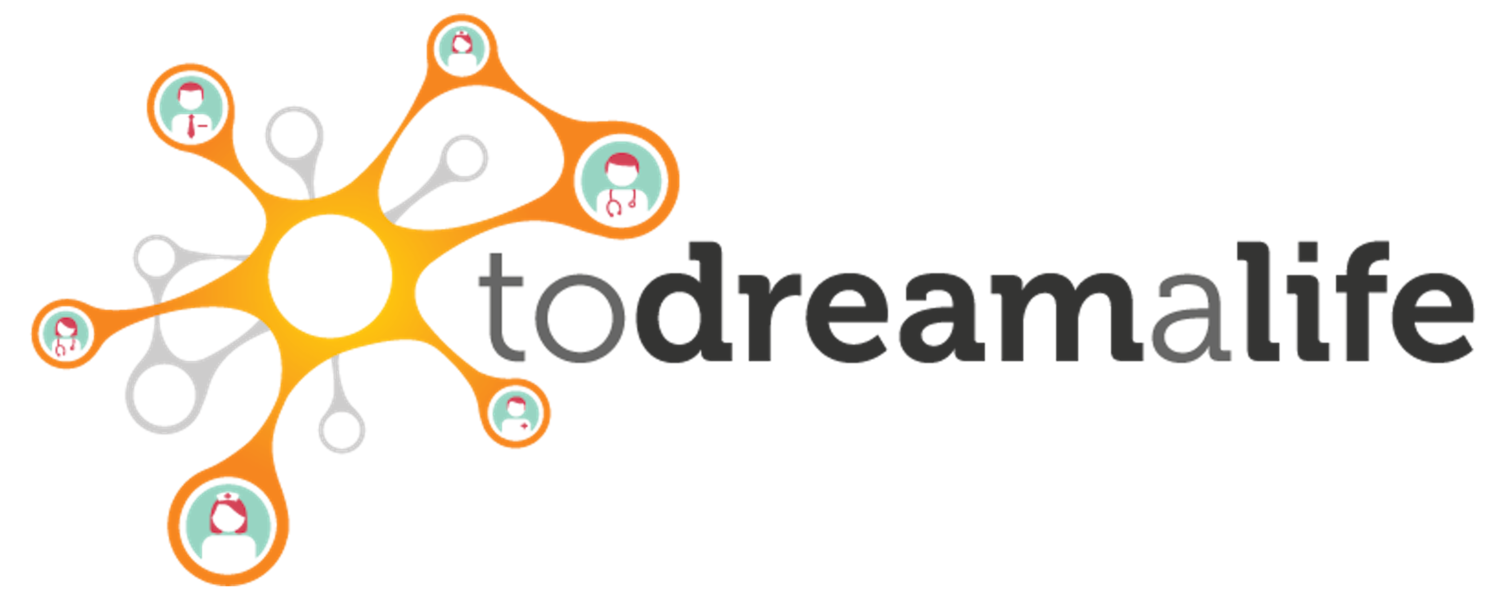Our Policy: The Aptitude + Apprenticeship Model
When we first started Todreamalife, we focused on highly-trained and talented experts at the top of their field. Over time, we realized that there was a lot of talent not getting the proper training and promotion.
We have adopted an aptitude + apprenticeship model to promote talented people within their field of interest.
Photo by Ricardo Gomez Angel on Unsplash
We use our value of diversity & inclusion to cross-pollinate skills within our agency and across our clients.
Why aptitude?
We believe in neurodiversity, everyone has a talent, and everyone has something meaningful to contribute to society. But we created todreamalife to be a safe space for genius.
We want to be clear that it’s an egalitarian space. Everyone has bias but we hold the value of diversity & inclusion and we do our best not to judge people based on age, ethnicity, gender, socioeconomic markers or life circumstances. Furthermore, we think really intelligent people can communicate their ideas simply, so its also meant to be a teaching space, where insights are transmitted patiently and effectively.
When we say aptitude, we mean someone has talent AND interest in a particular skill or creative endeavor. We do our best to include people like that and help them get to where they need to go.
Why apprenticeship?
The socioeconomic costs and benefits of higher education are becoming increasingly debatable. Many of use have professional or doctorate degrees for fields we don’t work in. Those of us with painfully high IQs are depressingly aware of how little our education had to do with our intelligence.
Christopher Langan has one of the highest IQ scores in the world and he dropped out of community college and worked as a bartender for many years while publishing papers on physics. He has said quite accurately that education optimizes for conformity, not intelligence. There are many high-IQ people who conform to educational policies, but there are many who don’t.
In constrast, high-tech has no real upper-limit on intelligence. And processes that are successful in high-tech (such as ghetto testing, lean research, and failing-fast are seldom taught in school. Other high-end disciplines that require complex problem-solving and human insight such as medicine and law follow an apprenticeship model.
Mentoring is not always financially sustainable at scale, but an apprenticeship is. We have decided to follow an apprenticeship model for consultants with high aptitude both within and without.
The Aptitude + Apprenticeship Model conclusion
At todreamalife, we have adopted the aptitude + apprenticeship model for transmission of high-tech skills.
Every one of our niche consultants agrees to teach clients and fellow consultants as much of their basic skillset as they can.
We brand and share our internal methods on several websites.
Most jobs will include a junior consultant so that they can learn with real clients.
Our clients usually save money because the junior consultant can retain the contract or even go full time at a lower rate after the senior consultant has established the workflows.
We aim to help the skills from high-tech penetrate to critical sectors where they can alleviate some of our hardest scientific and social problems.
#mentoring #todreamalife #diversity # inclusion #hightech

